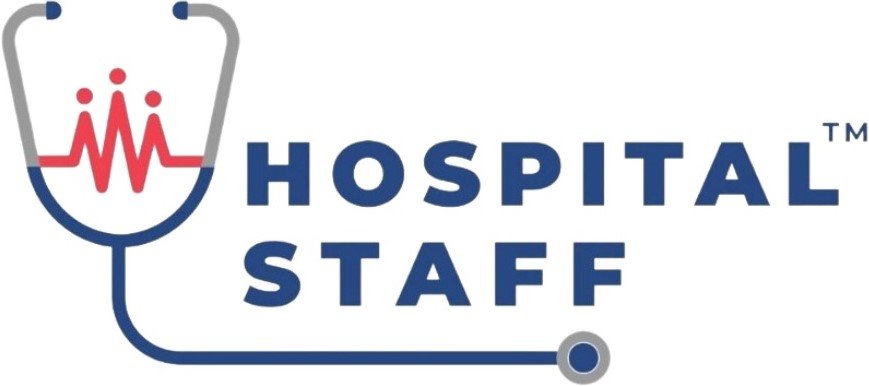The junior doctor, commonly referred to as the RMO medical officer, is one of the many workers in a hospital. The term resident medical officer (RMO), refers to a person who is usually enrolled in a residency or training program. The primary role of a resident medical officer is to support the on-call consultant in managing last-minute hospital emergencies. RMOs in hospitals also give medical care to patients and solve various challenges related to management and administration.
The resident medical officer must guarantee that each patient receives the necessary medical attention and care from the hospital personnel while they are there. They are essential to a hospital’s daily operations, but they also aid in clinical care delivery and senior medical staff assistance. We will go into further detail about RMO medical officers in this blog, including their duties, essential competencies, and a comprehensive guide on how to become an RMO in a hospital.
Responsibilities of RMO in hospital
In the medical field, the RMO is in charge of a variety of tasks. These tasks vary depending on the needs of the hospital, but generally speaking, their job is to make sure that every patient is receiving the finest treatment possible while they are there.
The RMO in the hospital is responsible for overseeing patients who are there for treatment and making sure they receive free medical attention. In addition, they have to react to crises and help with life support consultations. They also need to conduct a variety of medical diagnostics and examinations. The RMO in medicine is also in charge of researching and altering the diets of its patients. This is contingent upon the patient’s reaction to the recommended course of care and drugs. The RMO in this situation needs to possess “attention to detail.”
In addition to the patients, they also have hospital supervision duties. The RMO in the hospital is required to offer patient services continuously. Among their other responsibilities are assigning urgent admissions when necessary, responding to casualty calls, performing rounds while singing in insurance claims, and completing reimbursement paperwork when the consultant on duty is unable to do so right away.
The hospital’s staff and interns must be supervised and observed by the resident medical officer. Additionally, they handled HR duties, which included calling in junior physicians, nurses, and visiting physicians as needed. In addition, they must consistently participate in training sessions, seminars, and workshops to advance their medical knowledge and expertise.
How to become an RMO
Once your highest secondary or 10 + 2 in the scientific stream is completed, your career as a residential medical officer begins. You should be aware that after completing your upper secondary education, you must fully prepare for the entrance exam for medical college and then obtain an undergraduate degree in medicine. Following the completion of your MBBS (Bachelor of Medicine and Surgery), you can get your medical license and complete a year of training at a medical facility.
You can select any medical degree that interests you, as some hospitals also employ higher-level medical officers with BHMS and BAMS degrees. After that, you must get appropriate experience immediately because RMOs in medical facilities prefer candidates with a minimum of two years of experience. Having a post-graduation degree, such as an MD or MS, will also be preferred since it may help you stand out as a candidate.
This was the route to becoming a private hospital’s resident medical officer. To become a government medical officer, you must apply for the UPSC-conducted combined medical services examination (CMSE). However, those with an MBBS degree are also eligible to take the exam. You will then be hired by a government medical institute based on your success in interviews and our course. You need to write a strong CV that highlights your experience, education, and skills if you want to work in the private medical industry.
Skills required to become an RMO

As previously discussed, the position of resident medical officer requires a variety of skills. Firstly, they must be able to effectively communicate with both patients and hospital staff members. Secondly, they have to lead a team of professionals and medical staff while still respecting and integrating them, which requires strong leadership abilities. They must oversee the administration of medication doses and patient care, both of which depend heavily on attention to detail. RMO The medical industry also demands confidence, which helps patients have faith in the RMO and makes it simpler for them to trust and adhere to the treatment plans they outline in emergencies.
Conclusion
In a hospital environment, a resident medical officer (RMO) is a crucial member among the many workers in a hospital, supporting the senior physicians and providing basic medical care. Aspiring RMOs can pursue this demanding yet fulfilling career path by finishing medical school, obtaining real-world experience through internships, and submitting residency program applications. Proficiency in critical thinking, communication, teamwork, clinical knowledge, and critical thinking are important for success in this position. Through practical experience and ongoing education, becoming an RMO provides the chance to significantly improve patient care while furthering one’s medical career.

